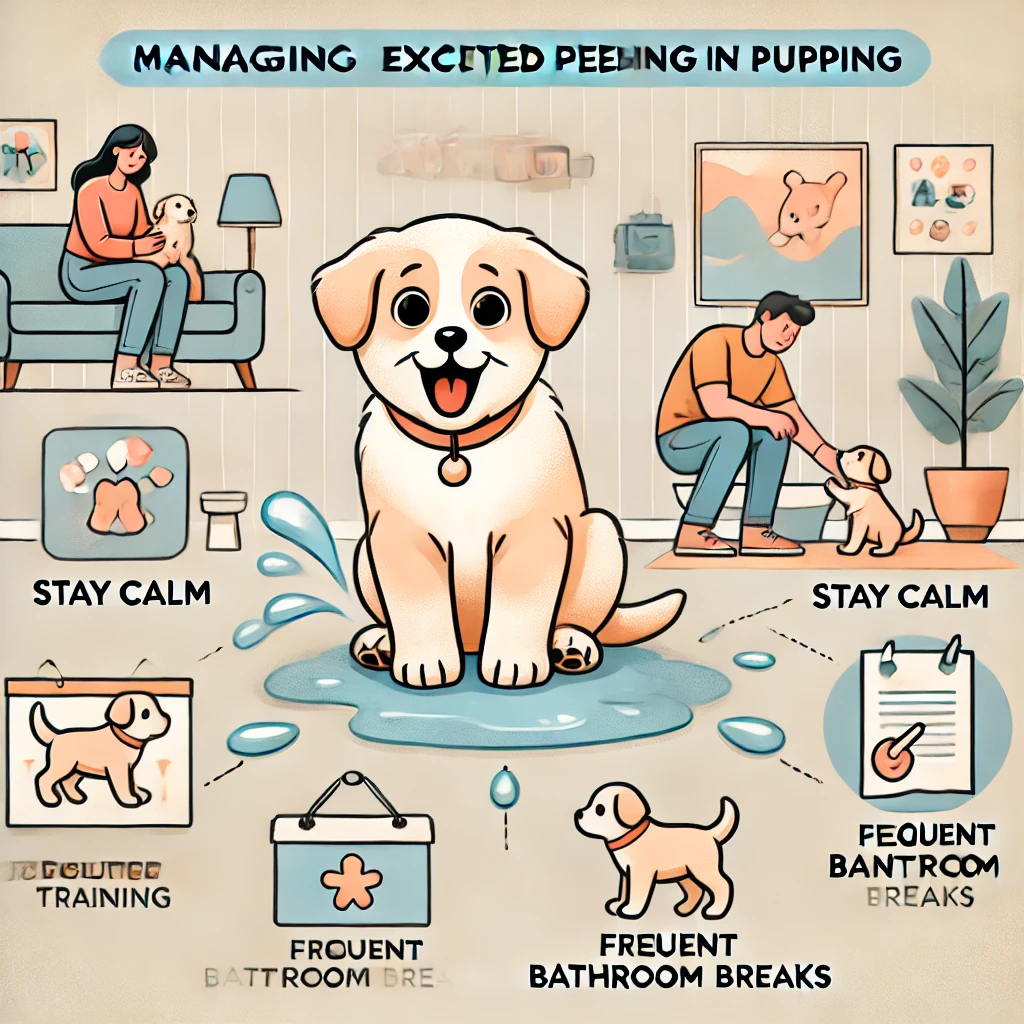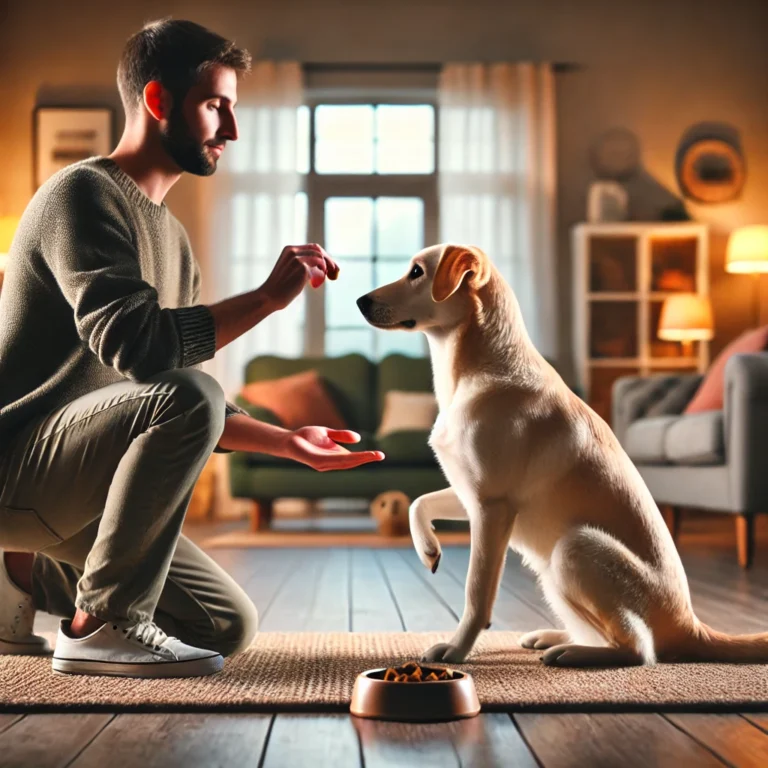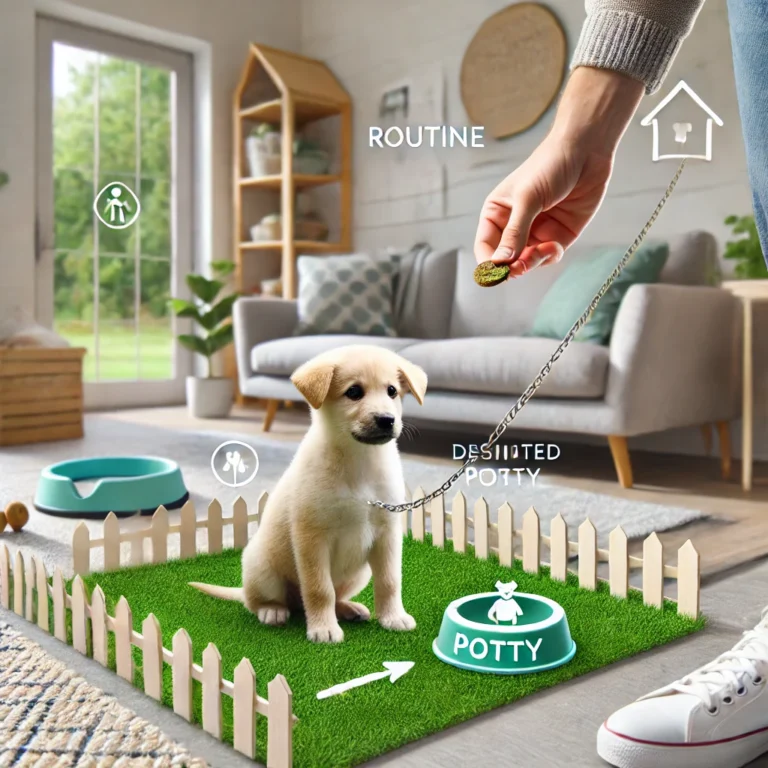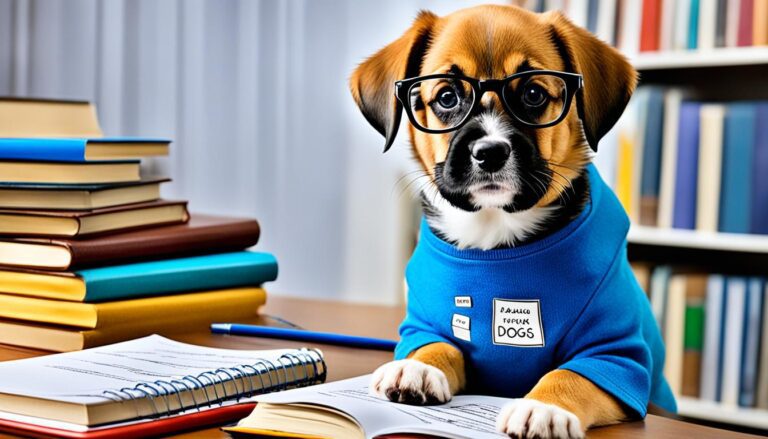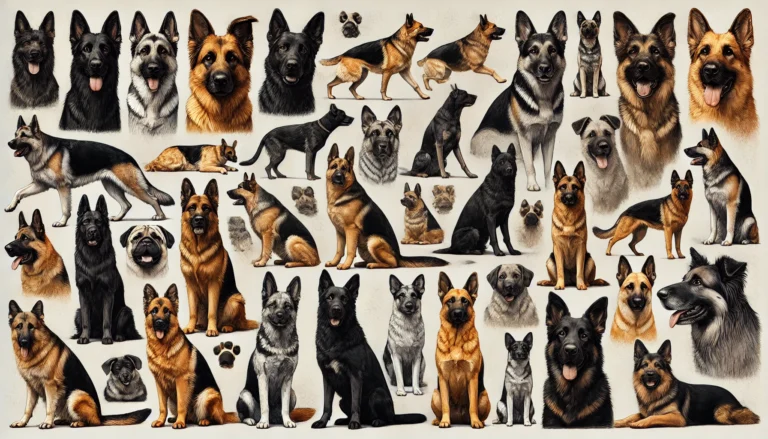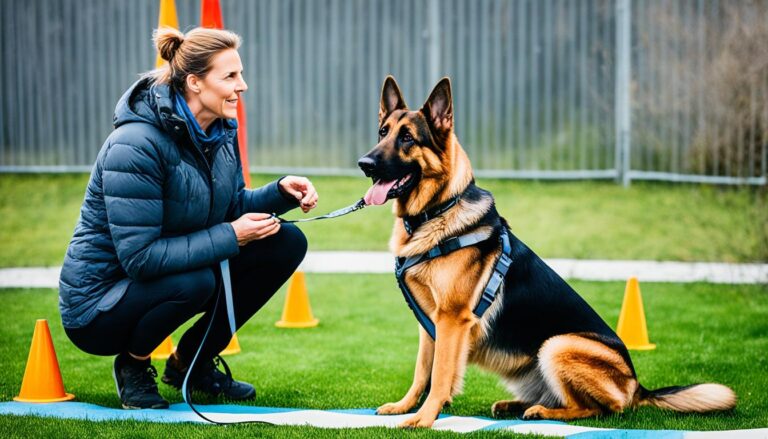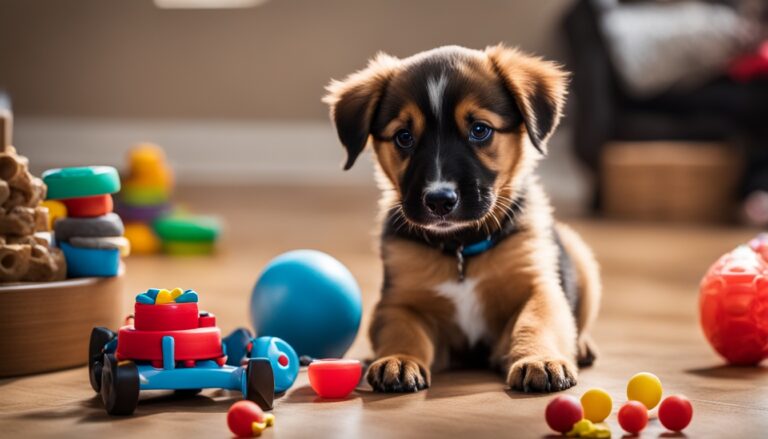Puppy Excited Pee: Understanding and Managing
Puppies are bundles of joy, but sometimes their excitement can lead to unexpected accidents. Excitement peeing is a common issue for many puppy owners, and it can be both frustrating and puzzling. Understanding why your puppy pees when excited and learning how to manage it can make life easier for both you and your furry friend. This article will guide you through the causes, signs, and solutions for excitement peeing in puppies.
Why Do Puppies Pee When Excited?

Puppy excited pee is a common issue many pet owners face. This behavior is an instinctual physical response to a spike in emotions for puppies and adult dogs. It’s called excitement urination and can happen when a dog gets excited, like greeting or playing with another dog or person they love. It can also happen when your dog is frightened or anxious, such as when they’re being scolded.
Signs Your Puppy is Peeing from Excitement
Body Language to Watch For
When your puppy is excited, they might not squat or lift their leg like they usually do. Instead, they could pee while walking, standing, or even bouncing around. Look for signs like a high tail, wagging their whole body, holding their head up, or even barking and whining.
Behavioral Cues
Excited puppies often can’t control their bladder. They might pee a little when they greet you or when they’re super happy. This is called “excitement urination.” It’s common in young dogs who haven’t mastered bladder control yet. They might not even know they’re doing it!
Differences from Regular Peeing
Excitement peeing is different from regular peeing. Your puppy might pee suddenly when they’re happy or surprised, like when you come home. They won’t squat or lift their leg like they do when they normally pee. Instead, they might pee while moving around or even jumping up and down.
If your puppy has a history of rough treatment or punishment after peeing inappropriately, they might urinate submissively. This can make excitement peeing worse.
Remember, it’s normal for puppies to have accidents when they’re excited. They usually outgrow this as they get older and learn better bladder control.
How to Manage Excitement Peeing
Managing your puppy’s excitement peeing can be a bit tricky, but with some patience and consistency, you can help your furry friend overcome this habit. Here are some tips to get you started:
Calm Greetings and Interactions
When you come home or have guests over, try to keep greetings low-key. Avoid making direct eye contact and wait until your puppy is calm before giving them attention. This helps reduce the chances of excitement peeing.
Consistent Potty Training
Make sure to take your puppy out for frequent potty breaks. An empty bladder means less chance of accidents when they get excited. Stick to a regular schedule to help them understand when and where it’s appropriate to go.
Using Positive Reinforcement
Reward your puppy with treats and praise when they stay calm during exciting situations. Positive reinforcement encourages good behavior and helps them learn faster. Remember, no punishment or scolding if they have an accident; it can make the problem worse.
With time and patience, your puppy will learn to manage their excitement better. Just keep at it and stay consistent!
Preventing Excitement Peeing in Puppies

So, you want to help your puppy stop peeing when they get too excited? You’re in the right place! Here are some easy ways to prevent that little mishap:
- Pre-Event Potty Breaks: Always take your pup out for a bathroom break before any exciting events, like visitors or playtime. This can help empty their bladder and reduce the chance of accidents.
- Creating a Calm Environment: Try to keep things chill when you greet your puppy. Avoid loud noises and sudden movements that might get them all hyped up. Instead, use a soft voice and gentle movements to keep them relaxed.
- Training Tips and Tricks: Teach your puppy commands like “sit” or “stay” to help them focus and calm down before they get too excited. You can also toss treats to distract them and reduce that built-up excitement and prevent urination.
Here’s a quick table to summarize:
| Method | Description |
|---|---|
| Pre-Event Potty Breaks | Take your pup out before exciting events. |
| Calm Environment | Keep greetings low-key and gentle. |
| Training Tips | Use commands to help them focus. |
Remember, patience is key! Your puppy is still learning, and with a little help, they’ll get the hang of it.
By following these tips, you can help your puppy feel more secure and reduce those little accidents. It’s all about building trust and understanding their needs!
When to Seek Professional Help
Persistent Excitement Peeing
If your puppy keeps peeing when excited no matter what you try, it might be time to get some expert help. Some dogs are just harder to train and need a professional trainer to teach them the right commands and stop this behavior. An expert can be super helpful as your puppy grows and learns to listen to you.
Underlying Health Issues
Sometimes, excessive urination can be due to medical reasons. If you’ve tried everything and nothing works, it’s a good idea to consult your vet. They can check for any health problems and give you advice on what to do next.
Consulting a Vet or Trainer
Dr. Newton says it’s really important to see a vet in these situations. They can find out what’s wrong and tell you how to take care of your puppy. If needed, they might also suggest a professional trainer who can help with specific issues.
Building a Positive Relationship with Your Puppy
Building a strong bond with your puppy is super important. It helps them feel safe and loved, and it makes training easier too. Here are some tips to help you out.
Avoiding Punishment
Instead of punishment, consider positive reinforcement dog training to help manage their excitement levels. Training and patience are key in dealing with this issue. Remember, your furry friend doesn’t mean to upset you.
Encouraging Good Behavior
- Keep greetings low-key: You know how you feel when you see your pup after a long day? Over the moon, right? Well, your puppy feels the same way! However, keeping greetings calm and low-key can help minimize excitement and the likelihood of an accident.
- Use positive reinforcement: Positive reinforcement works wonders. Whenever your pup greets someone without an accident, reward them with a treat or a loving pat. This will encourage good behavior.
Strengthening Your Bond
You should also interact with your dog using non-dominant postures, for example:
- Avoid direct eye contact, approach your dog from the side, and sit on the floor or squat down to your dog’s level rather than looming over the dog and bending down.
- When petting your puppy, go under the chin or chest, rather than on top of the head or ears.
- Keep greetings and play sessions low-key and play games that focus on toys rather than bodily contact.
If your dog urinates because they are frightened or anxious, it’s important to show them kindness and patience as you build up their confidence. Don’t yell at or scold a dog who submissively urinates. Instead, keep your approaches calm and slow, and pair them with good things for your dog, like treats and verbal praise.
Conclusion
Dealing with a puppy that pees when excited can be a bit of a challenge, but it’s something most dog owners go through. Remember, your pup isn’t doing it on purpose—they’re just so happy to see you that they can’t help themselves! With patience, consistent potty training, and a calm approach, you can help your furry friend gain better control over their bladder. So, next time you come home to a little puddle, take a deep breath, clean it up, and know that with time and effort, this too shall pass. Happy training!
Key Takeaways
- Excitement peeing is normal in puppies and usually happens because they haven’t mastered bladder control yet.
- Common triggers for excitement peeing include greetings, playtime, and sudden changes in the environment.
- Watching your puppy’s body language and behavior can help you identify when they might pee from excitement.
- Managing excitement peeing involves calm greetings, consistent potty training, and positive reinforcement.
- If excitement peeing persists or is accompanied by other issues, consulting a vet or a professional trainer is recommended.
Frequently Asked Questions
Why does my puppy pee when they greet me?
It’s normal for puppies to pee a bit when they’re excited. This is called excitement urination. Young dogs haven’t fully learned to control their bladders, and they might not even know they’re doing it. They usually grow out of this as they get older.
How can I stop my puppy from peeing in the house?
Consistent potty training is key. Take your puppy outside often, especially before exciting events. When you come home, greet them calmly and take them to their potty spot right away.
Is it bad to punish my puppy for peeing when excited?
Yes, punishing your puppy won’t help and can make things worse. Excitement peeing is not something they can control. Instead, focus on positive reinforcement and calm interactions.
What are some signs that my puppy is peeing from excitement?
Look for body language like a wagging tail, whole-body wiggles, and a high head position. They might not squat or lift their leg like usual and could pee while walking or bouncing around.
Will my puppy outgrow excitement peeing?
Most puppies do outgrow excitement peeing as they mature and gain better bladder control. Patience and consistent training will help them get there.
When should I seek professional help for my puppy’s peeing?
If your puppy’s excitement peeing persists or you think there might be a health issue, it’s a good idea to consult a vet or a professional dog trainer.

